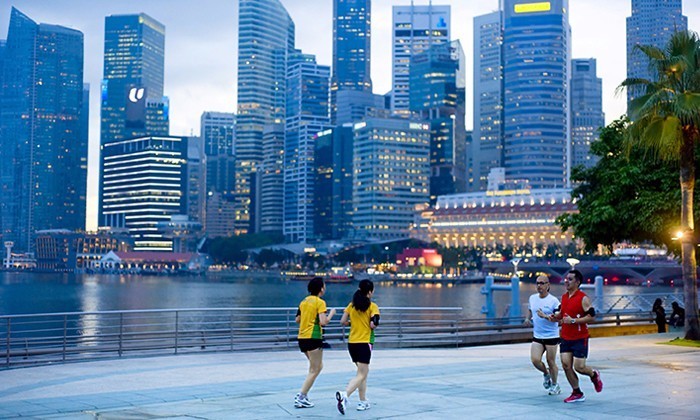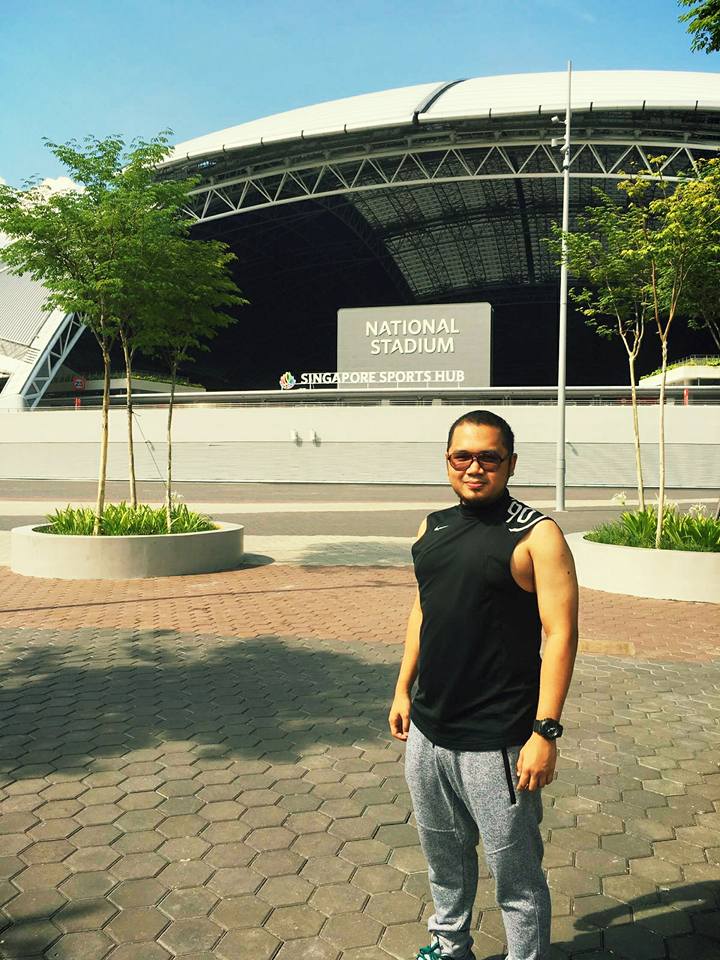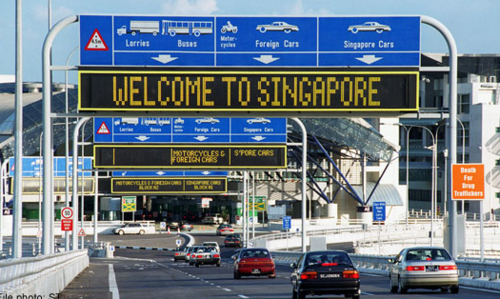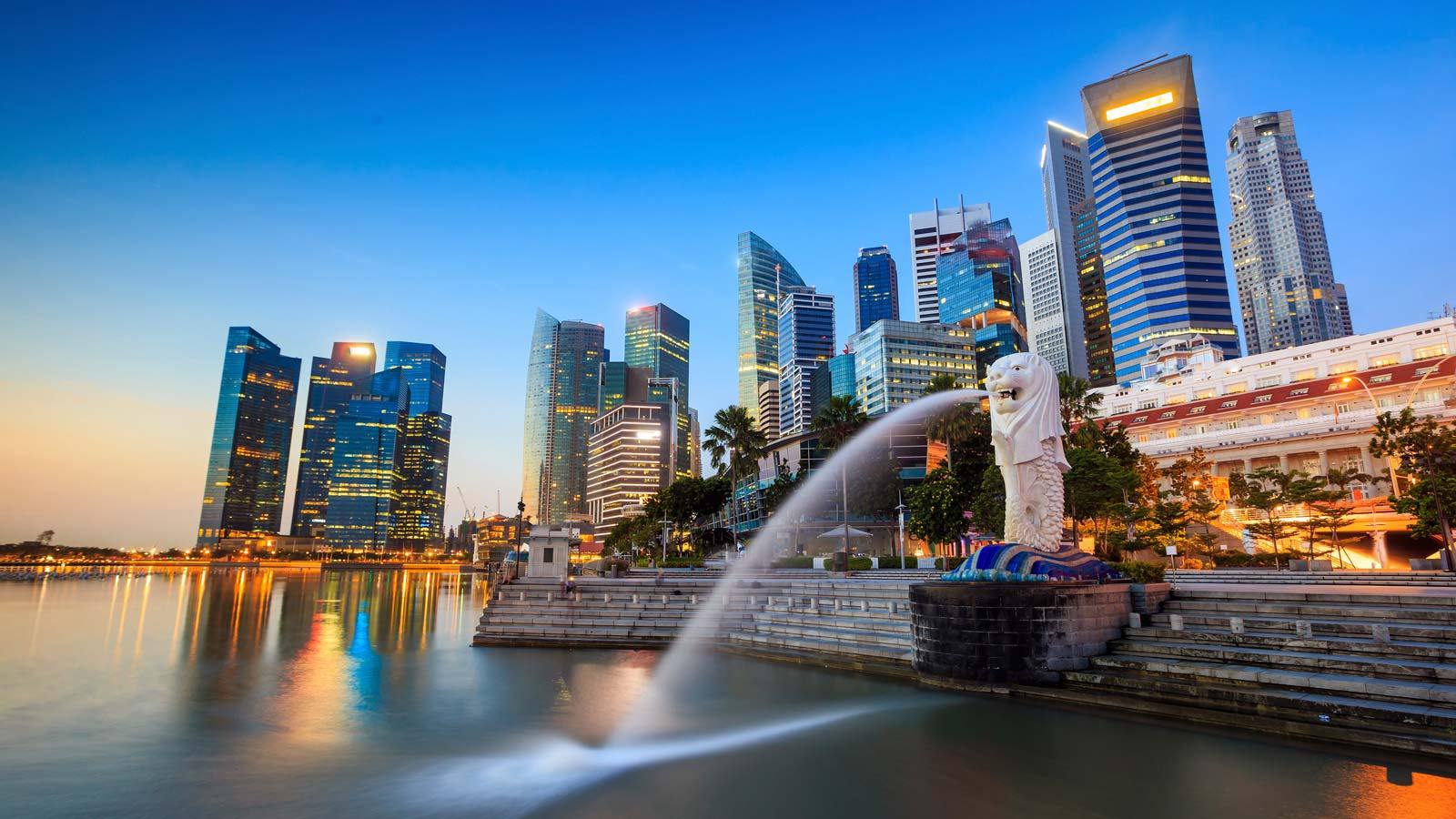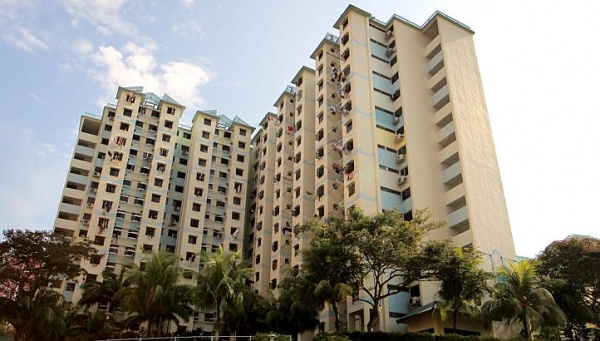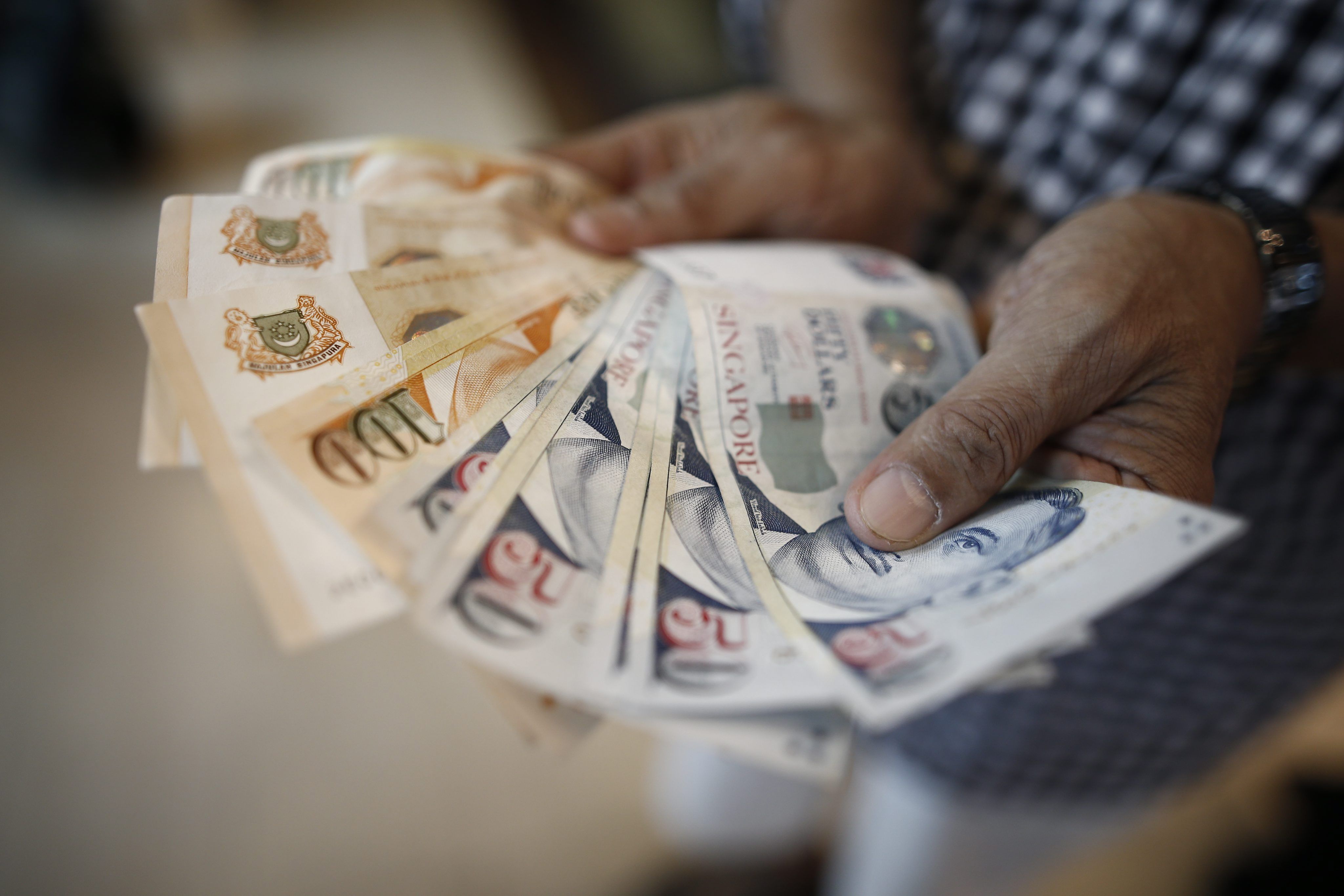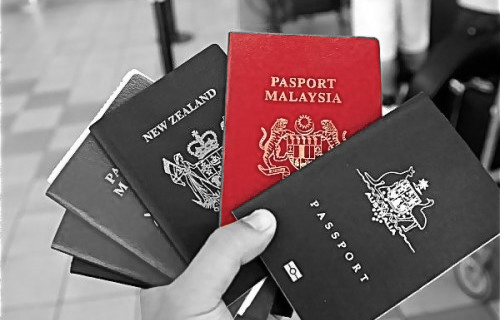Young Malaysians Tell Us The Honest Truth About What It's Like To Work In Singapore
Singapore has a superior currency and status as a developed country, but how is it for Malaysians working there?
If Malaysians were to be honest, many may confess that they share a love-hate relationship with Singapore, our neighbour down south
It's no secret that Singapore is synonymous with first-rate quality of life and many times we're envious of its low crime rates, efficient public transportation system and superior infrastructure. Not to mention - it is squeaky clean.
However, like that “twin brother” you can never get rid of, many Malaysians have learned to become fond of Singapore simply because it has become one of the top destinations for a better quality of life and career prospects.
Even the issue of professionals crossing over the Johor–Singapore Causeway just to do '3D' (dirty, difficult and dangerous) jobs for a better pay has been well-documented in recent years.
No wonder some people say that Singapore is practically every Malaysian's safe haven.
We spoke to three young Malaysians who have spent at least one year in Singapore to see how they've been doing. Firstly, we wanted to find out how difficult was it for them to uproot themselves and leave to work on the little island?
Brian Tan is a 25-year-old professional in the audit industry and he has spent three years working in Singapore. After his graduation in Australia, he went on to secure his first job in Singapore as the former had more difficult visa rules and the job market was pretty tough to break into. Those were the only two destinations that Brian had in mind.
"My dad worked in Singapore for 10 years away from family, so he was very much for moving."
On the other hand, Choon Seng, who has been working in the IT sector for more than a year, said that deciding to move to Singapore to work is easy as he is not married.
"Going back home is not so hard these days as since there are so many options of transportation available," the 30-year-old said.
Meanwhile, there's Lu Yi who started working in Singapore in July 2015. The 31-year-old who hails from Kuala Lumpur had always wanted to take up a role at the regional level and when she was presented with that opportunity, she was quick to take it.
"The exposure is better in Singapore as it is the regional hub for many multinational corporation (MNC)," Lu Yi said.
Brian, Choon Seng and Lu Yi all agreed that the decision to move to Singapore to work was made easier because it's relatively near to Malaysia compared to other places around the world.
We've heard a lot about Malaysians making a better living in Singapore but what's the truth behind it? Are they at a disadvantage for working there?
"Yes, I think Malaysians are at a disadvantage especially when dealing with work permits. Employers tend to use this as a reason to offer a lower salary than what Singaporeans are getting. They still have the stereotype that Malaysians are not as competent as Singaporeans," Lu Yi said.
Choon Seng also agreed that there is a disadvantage in terms of employment benefits, but he also said that in terms of work culture, "everyone is treated fairly based on meritocracy regardless of where you are from".
Brian also said that his performance at work is also measured based on merit.
Singapore has been named as the world's most expensive city to live in for a few times in a row. Can Malaysians still save while staying there?
"It has been better for me as I could increase my savings when I live here, although we have that perception that Singapore is an expensive country to live in. At the end of the day, it is the dollar-to-dollar spending that counts," Choon Seng.
The big opportunity here for many is the fact that Malaysians can "earn up to three times more" than their counterparts here just merely due to the currency exchange.
"It's not just a perception, it's reality. Even accounting for the Singaporean expenses that I wouldn't incur in Malaysia such as rent and no home-cooked food, the savings in Singapore are far greater than Malaysia."
Though admittedly, Brian agrees that the cost of living in Singapore would be higher in the long term.
"Daily cost of living compared to wages is much lower than Malaysia in the short term - long term is expensive due to housing and cars and anything related to congestion."
Choon Seng echoes this sentiment.
"It is a really big amount if you convert but because I'm living in Singapore and not travelling daily from Johor, I tend to use the Singaporean dollar more than ringgit. I do save in dollars," Choon Seng said.
On the contrary, Lu Yi has a different view on the matter.
"It is not true that we're earning a salary that is three times more. Of course, the amount will be higher after the conversion, but the stress and challenges might be double of what the Malaysian counterparts are dealing with," she explained.
However, she did not deny that fact that many Malaysians who work in Singapore would usually have a higher spending power.
"Most of the friends I know are trying to save as much as they could, so they can buy a property back in Malaysia. Also, I have known friends who do not travel budget ever since they earn in SGD."
Has the Sing dollar woes affected these Malaysians in any way?
"It does, if you intend to go elsewhere for vacation or to purchase things from overseas. However. ringgit is dropping too, therefore, Sing dollar is still a very strong currency for most Malaysians," Choon Seng said.
Meanwhile, Lu Yi is not too bothered about the tumbling Sing dollar.
"My intention to work in Singapore is for the regional exposure as it is the Asian hub for many MNC. Of course, the pay is a bonus," she said.
The Singaporean dollar is performing at its worst since August of 2009 and it is expected to get worse although the ringgit has plunged to its lowest level since the infamous 1998 Asian Financial Crisis.
Generally, it is believed that the weak ringgit permits Malaysians to have a higher purchasing power when they earn in Sing dollar while they spend in ringgit.
Aren't Singaporeans infamous for being uptight and stressed? Are Malaysians even happy working and living there?
Singaporeans are somewhat notorious for being an unfriendly nation, so much so that the Singaporean government had organised a nationwide campaign to encourage citizens to smile.
The Happiness Index, a survey done by online employment portal JobStreet revealed that Singaporeans are the unhappiest employees in the region compared to employees in Malaysia, Philippines, Indonesia, Thailand, Hong Kong and Vietnam.
"Personally the initial support group (friends and connections) and generally the working conditions are perceived to be more brutal," Brian said.
He added that working in Singapore has been rewarding in terms of finance and career development but he finds little job satisfaction, although he argues that generally, "audit just has low job satisfaction".
"There's a feeling of not having work-life balance, and the sentiment is being mirrored by all my colleagues who have come over as skilled hires."
"I don't enjoy my job, but living in Singapore has been quite enjoyable," Brian said.
Choon Seng, on the other hand, said that he enjoys working in Singapore as much as he enjoys travelling.
"I can travel easily to Malaysia or even Indonesia during my short weekend. Working is the same as it really depends on how good you are in handling the work situation."
It has also been good for Lu Yi so far, though she admitted that her colleagues in Singapore could be more hostile.
"Generally, my co-workers in Malaysia are more friendly. You feel like working with a 'family of friends'. In Singapore, people tend to mind their own business and focus on completing the tasks on their plate. They draw a very clear line between colleague and friend."
"The people might not be as friendly as Malaysians and quite a number of them still have stereotypes towards Malaysians but it's a great experience to live alone and save money for the future, so I could do something I really like without any financial burden in the near future," she added.
What's stopping them from getting a Singaporean citizenship?
Malaysia does not allow dual citizenship which means that a Malaysian would have to renounce his or her citizenship to be a citizen of another country. Asked if given a chance to opt for a Singaporean citizenship, all three of them said no.
"I would plan to stick on a PR visa - for now, the perks of PR is the same as a Singaporean citizenship," Brian said.
Both Choon Seng and Lu Yi were very clear that they will never want to give up their Malaysian citizenship and said that they are "proud to be Malaysian".
What are some of the long-term plans that they have?
The three respondents agreed that they wish to work in Singapore for as long as they can but they also have other factors to consider.
"My long-term plans depend on more personal reasons such as relationship or settling down, but in the absence of those factors, I do plan to stay and work in Singapore for as long as I can."
"For the meantime, yes, because of the strong currency and to do so I will have to gain a PR status," Choon Seng said.
"I will try to work here as long as I can but I am also looking at opportunities in other countries," Lu Yi said.
"The grass is not always greener on the other side. There's always pros and cons for every decision made," she added.
